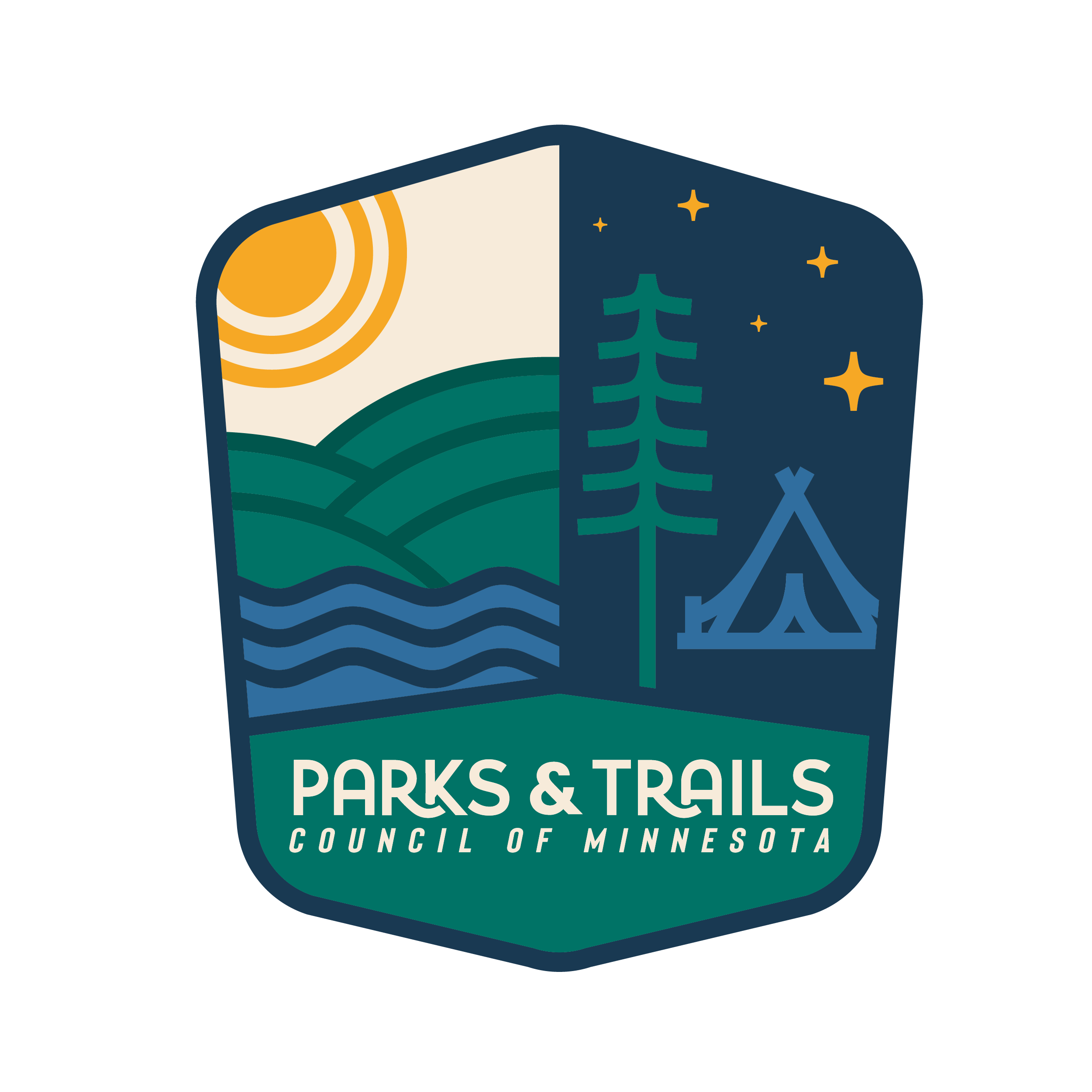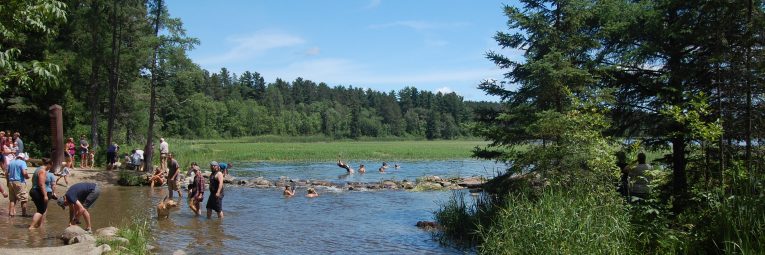We know summer will always go by so fast, but it never ceases to surprise me when we hit August! I hope many of you have been able to spend a large chunk of your time in our state parks and trails during these warmer months. I have heard about some of the great events and volunteer opportunities that resumed in June and July, and am continually grateful for your enthusiasm, persistence, and patience in working with us to make public lands truly special.
A time for listening and learning
In reflecting on the past 2-3 years since I have been in this position with the DNR, we have tried a few ways to work towards better organizing our work around Friends groups while in collaboration with Parks & Trails Council of Minnesota. While it may not seem obvious, we have been trying to figure out how to better serve you while also providing a better model of organization around these partnerships.
What has become clear is that we still have a lot to learn and a long way to go towards making our partnerships mutually beneficial, effective, and highly functioning. As a result, we plan to embark on an engagement process to help us learn more.
We are still very much in the development phase of what this will look like, but generally speaking, it will involve the following:
- Discussions with our DNR leadership and staff in the field about what they need to better serve you, and where they see challenges in working with Friends groups and related partnerships
- Hearing from other states about how their Friends groups programs are modeled, and documenting lessons learned and best practices from our peers
- Consulting with Parks & Trails Council of Minnesota about our partnership and respective roles and what they would like to see in the future
- You! Most importantly, we will be consulting with you on where we’ve missed the mark in our work with Friends groups and where you’d like to see us go in the future. While we inevitably will not be able to please everyone, we hope this process of listening and learning will help advise and shape how we move forward.
The timeline for this project is still in flux, but we have already begun internal discussions and expect much of this work to happen over the next six months. If you would like to share specific ideas or feedback to help inform how we engage with you – please don’t hesitate to call me at 651-259-5609 or email at Arielle.courtney@state.mn.us. I look forward to learning from you!
Volunteer Guidance
Still a bit confused about what we require for volunteer projects and events? I put together a one-pager specifically to help Friends groups understand what requirements are needed for engaging volunteers with the DNR. Please let me know if you have questions.
DNR Parks & Trails Division Friends Group Volunteer Guidance
| DNR-led | Friends Group-led | |
| Definition | Activities planned and organized by the DNR, where work is overseen by DNR staff.
Examples:
|
Activities planned and organized by the Friends group, where all work is led by Friends leaders or members and DNR provides approval for the event or activity.
Examples:
|
| Requirements |
Background checks NOT required for:
|
NOTE: Background checks are NOT required when a volunteer is a member of an outside organization (e.g., Friends group or P&TC) where DNR’s involvement is limited to providing curriculum/information used, or providing technical and/or logistical advice and guidance. |
| Pros/Cons |
|
|
Thanks and be well,
Arielle Courtney
DNR Parks & Trails Partnership Development Consultant
Photo credit: Jody Vorderbruggen

